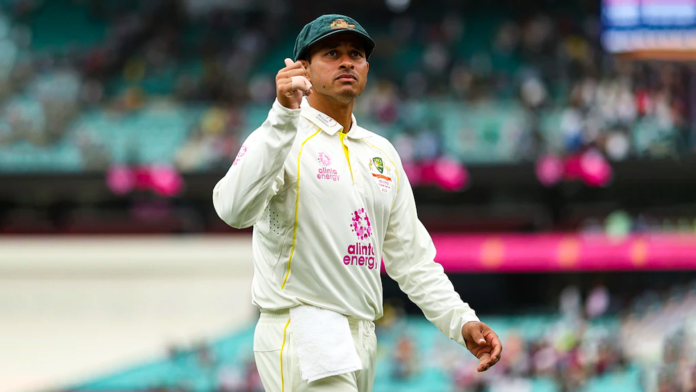The International Cricket Council (ICC) recently made significant announcements regarding punishments for slow-over rates following multiple instances where teams were found guilty of the offense. Notably, both Indian and Australian players were fined heavily for slow-over rates, and the ongoing Ashes series between Australia and England also saw both teams facing penalties for the same reason.
Amidst the discontent, Australian opener Usman Khawaja took the initiative to voice his concerns against what he perceived as injustice towards the players. Khawaja contacted ICC General Manager Wasim Khan to discuss the issue. As a member of the players’ union board, he felt advocating for the players’ rights was essential.
Khawaja expressed his frustration with the heavy fines imposed on players after providing entertainment and giving their all on the field. However, the introduction of revised rules by the ICC brought relief to the players. Under the new regulations, players will be fined 5% of their match fees for every over that falls short, a significant reduction from the previous 20% fine.
Khawaja stated, “I was frustrated, because after providing entertainment, giving it all in the middle, then you are docked with such heavy fines. I felt the need to talk to ICC General Manager Wasim Khan because I am also a member of the players’ union board member.”
The decision to revise the rules was welcomed during the recent ICC meeting in Durban. Khawaja expressed his delight with the revised regulations and acknowledged that ICC General Manager Wasim Khan listened to the players’ concerns and sought their feedback. This collaborative approach from the ICC was appreciated by Khawaja, who noted that it was the first time the ICC had taken such action.
ICC World Cup 2023 Schedule Announced, Click Here To Check Full Schedule
Khawaja expressed his delight with the revised rules and stated, “Wasim Khan listened to the players and got the feedback. It is the first time something has happened like that at ICC.”
The revised rules aim to address the issue of slow-over rates while ensuring that the penalties are more reasonable and proportionate to the offense. This development highlights the ICC’s willingness to engage with players and consider their feedback when making decisions that impact the game.






















